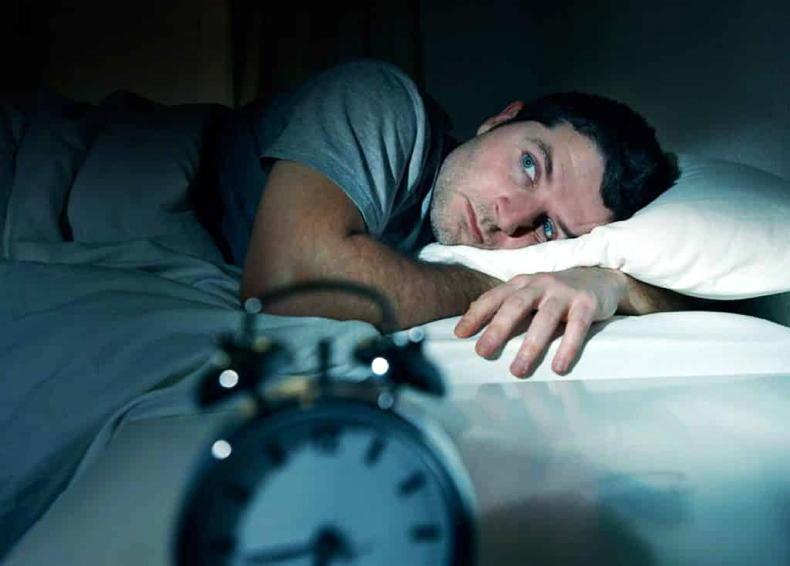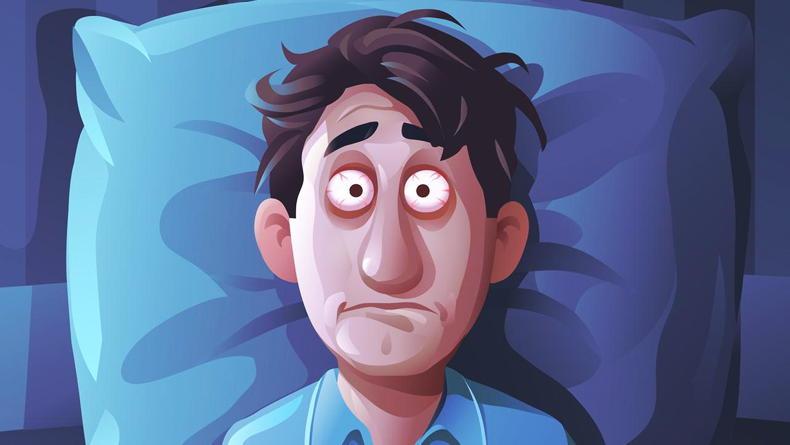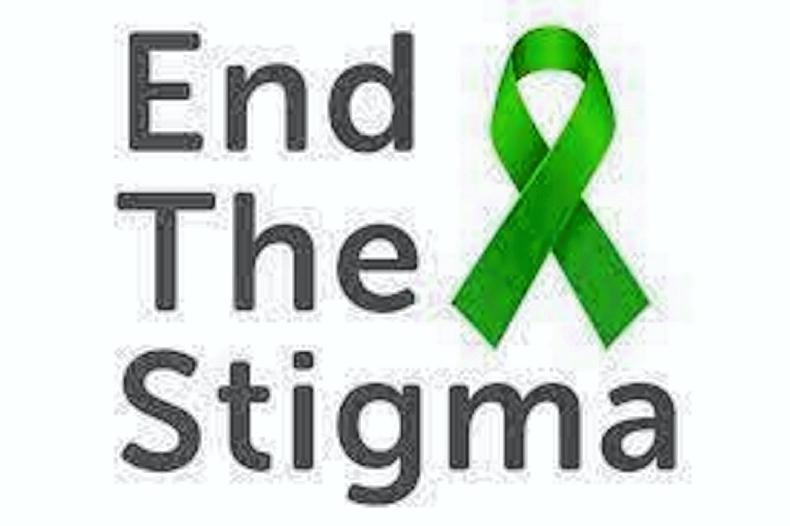ONE of the most important parts of a healthy life is to get enough sleep. A recent chat with a friend in the industry provided me with yet another example of how we are all different, and how we all have individual sleep needs.
For me personally, the rules regarding caffeine intake do not seem to apply – I can drink a coffee at midnight, and be asleep 10 minutes later. For others, any caffeine after midday seems to rule out the possibility of a good night’s sleep. That said, sleep hygiene is important, and anything you can do to help you sleep better is a plus.
This week I have collated some ideas from sleep experts, and some or all of these might be worth your time to investigate. One starting point is to say that it is entirely normal to wake up during the night, and doing so does not mean you are a poor sleeper. If you are awake for long periods of time, and on a constant basis, then it would be worthwhile to seek some help. A key to getting back to sleep is to stay calm.
Try not to catastrophise in the middle of the night. Negative thoughts can escalate quickly and this will ensure you do not easily get back to sleep. Rid yourself of the notion that being awake in the middle of the night is a dreadful thing. If you disengage from the struggle you are more likely to get back to sleep.
Most people don’t have a sleep problem, but rather an anxiety and stress problem. This is usually because we are worried about something. Techniques such as meditation or mindfulness can be enough to help you de-stress. Tackling unresolved problems when you are awake can assist greatly, and prevent them becoming an issue in the middle of the night.
Be aware that people tend to wake up more as they age. This is simply a fact of life.
Life habits
Adopting healthy life habits can help greatly to ensure good sleep. Exercise, nutrition and stress reduction all play a part in this. Be sure you are well hydrated, cut out the use of technology for a good period before bedtime and having a regular time that you go to bed are all ways to promote better sleep.
Always consult with your doctor before taking any medication to help you sleep. While these can work in the short-term, they are not a solution in the long-term.
Don’t lie in bed trying to force yourself to sleep, worrying that you will interfere with your partner’s sleep if you move, as this will make it almost impossible to get back to sleep. Get up, read a book, stop checking the clock or your watch, and go back to bed when you feel tired again. Keep away from your mobile telephone for at least an hour before you go to bed, and look at it again when you are ready to get up.
Exceptions
The only exceptions I would suggest for using your mobile in the bedroom is to either listen to a mindfulness app, or maybe a short podcast or book reading.
An exercise to consider as you lie in bed is to reduce hyperarousal. So, instead of concentrating on trying to sleep, do some slow breathing, yoga or relaxation before you go to bed. These will help to calm your body and wind down. If you wake during the night, simply try to repeat these exercises. Keep away from negative thoughts.
If you are unable to get back to sleep, do not lie there thinking “this is terrible”. If you stay in bed at times like this, you will start to condition yourself that bed is associated with anxiety, frustration and being awake. Get up for a while, maybe 30 minutes or so, and do something enjoyable and relaxing. You should not eat, work or do strenuous exercise at this time. By relaxing you can break the cycle of negative thinking.
Paradoxical
It is known as paradoxical intention, but sometimes the act of trying to stay awake can have the effect of bringing on sleep. Just lie in bed, keep your eyes open, and you might be pleasantly surprised at how often this will induce sleep. This is s strategy to have up your sleeve, one to use when all else fails.
If you have a habit of waking up an hour before the alarm goes off, try not to adopt the policy of getting up immediately. Even if you don’t go back to sleep for the remaining time, it is beneficial to rest, and even falling back asleep for 15 or 20 minutes can bring with it benefits for the day ahead.




 This is a subscriber-only article
This is a subscriber-only article
 It looks like you're browsing in private mode
It looks like you're browsing in private mode










SHARING OPTIONS: